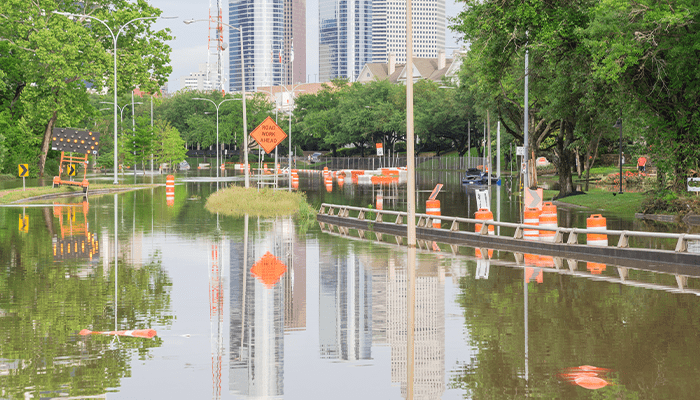
The Importance of Facilities Preparedness Planning: A Case for Action
In the hustle and bustle of everyday business operations, the importance of facilities preparedness planning often takes a back seat. However, just like turning your back on Mother Nature can be risky, neglecting preparedness planning for your business facilities can leave you vulnerable to unforeseen disasters. In this article, we'll explore why facilities preparedness planning is crucial and how investing in it can lead to a more resilient and competitive business.
Facing the Reality of Disasters
Whether it's a natural calamity like a storm, flood, fire, or earthquake or a man-made event, sudden and accidental loss can wreak havoc on businesses and their facilities. The aftermath of such events underscores the need for a proactive approach to preparedness planning.
The Excuses and the Reality
Many businesses cite reasons like being too busy or lacking resources for not prioritizing preparedness planning. However, the truth remains that while disasters may be outside our control, our preparedness is not. What's missing is a compelling business case that motivates decision-makers to take action.
The Business Case for Preparedness
The National Institute of Building Sciences reveals that investments in preparedness planning yield significant returns. For every dollar invested, businesses can save up to $6 in repair and labor costs. With the increasing frequency and intensity of storms, the need for robust preparedness planning becomes even more evident.
The Resiliency Cycle
Effective preparedness planning follows a cycle that includes prevention, preplanning, mitigation response, and recovery. By investing in preparedness, businesses can enjoy several benefits, including increased coping capacity, minimal disruptions during minor events, and shorter recovery times.
Choosing the Right Partner
To navigate the complexities of preparedness planning, businesses should seek out disaster recovery partners that offer proactive, client-centric services. Look for providers with a national geographic footprint, financial stability, and a track record of delivering value-added solutions.
Preparedness equals resiliency, which translates to a better recovery experience and a competitive advantage in the market. By investing in facilities preparedness planning, businesses can safeguard their operations, protect their assets, and ensure continuity even in the face of adversity.
For more information on how to bolster your preparedness efforts, reach out to Gary L. Shoemake, MBA, RPA, CIA, Director of Client Engagement at National Disaster Solutions. Together, let's build a more resilient future for your business.
*Reference: National Institute of Building Sciences, 2020
Equip your business with the tools to mitigate potential risks. Contact our risk management team today.
Featured News & Insights

As the chill of winter fades, spring brings vibrant colors and a sense of renewal and hope. Of course, spring also brings its share of weather hazards. Being prepared is the first step to ensuring...

When we think of workplace deaths or injuries, we often picture incidents caused by occupational hazards or machine malfunctions. OSHA works tirelessly to ensure employees are in the safest...

Manufacturing is a cornerstone of the global economy, encompassing industries that transform raw materials into finished goods. From automotive and aerospace to electronics and consumer products, the...